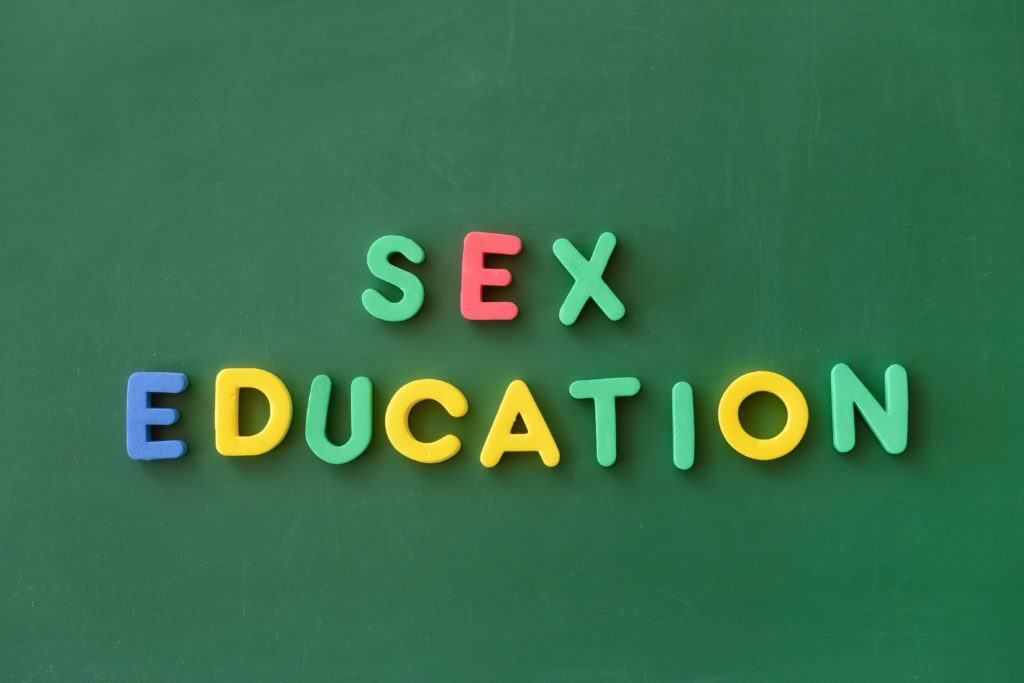The topic of sex education has been a highly debated issue for decades, with varying opinions on its place in the education system. Some believe that sex education undermines traditional values and religious beliefs, while others see it as a necessary aspect of education to ensure young people make informed decisions about their sexual lives. However, the reality is that young people today are facing numerous challenges when it comes to sexuality, such as high rates of sexually transmitted infections (STIs), teenage pregnancies, and sexual violence. Therefore, a comprehensive sex education curriculum is essential for empowering youth with the knowledge and skills to make healthy and responsible decisions about their sexual lives.
Table of contents
Importance of Sex Education Curriculum
Sex education curriculum is a comprehensive program that covers various aspects of sexuality, including reproductive health, relationships, gender identity, and sexual orientation. It is crucial for several reasons, such as:
Providing Accurate Information
A comprehensive sex education curriculum provides young people with accurate information about their bodies, reproductive health, and sexuality. It enables them to make informed decisions about their sexual lives, reducing the risk of STIs and unwanted pregnancies, and helps them develop healthy relationships.
Promoting Tolerance, Respect, and Equality
Sex education curriculum helps young people understand the diverse range of sexual orientations and gender identities, promoting tolerance, respect, and equality. It helps break down stereotypes and stigma surrounding sexual minorities, enabling them to feel accepted and included in society.
Preventing Sexual Violence and Abuse
Sex education curriculum is a crucial tool in preventing sexual violence and abuse. It equips young people with the knowledge and skills to identify and report sexual abuse, ensuring their safety and well-being.
Challenges of Implementing Sex Education Curriculum
Despite the benefits of sex education curriculum, implementing it can be challenging. Some of the main challenges include:
Resistance from Conservative Groups
Conservative groups often oppose sex education programs, believing that they undermine traditional values and promote immoral behavior. Their opposition makes it difficult to gain political support for the implementation of sex education programs.
Lack of Teacher Training and Resources
Sex education requires a skilled and trained workforce that can deliver the curriculum effectively. However, many teachers lack the necessary training and support to teach sex education, leading to inadequate or ineffective delivery of the curriculum.
Cultural and Religious Differences
Different cultures have different attitudes and beliefs about sexuality, making it challenging to develop a curriculum that is culturally sensitive and relevant to all communities.
Best Practices for Developing Effective Sex Education Curriculum
To develop effective sex education curriculum, several best practices must be followed, such as:
Involving Parents, Teachers, and Community Leaders
It is essential to involve parents, teachers, and community leaders in the development process. This ensures that the curriculum is culturally sensitive and relevant to the local community and addresses their concerns and values.
Evidence-based Curriculum
The curriculum must be evidence-based, with accurate information presented in a clear and age-appropriate manner. The curriculum should cover topics such as reproductive health, contraception, relationships, and consent, promoting healthy and responsible sexual behavior.
Providing Teachers with Training and Support
It is crucial to provide teachers with the necessary training and support to deliver the curriculum effectively. This includes training on how to handle sensitive topics, how to address questions and concerns, and how to create a safe and inclusive learning environment.
Regular Evaluation
It is essential to evaluate the effectiveness of the curriculum regularly. This involves collecting feedback from students, parents, and teachers, monitoring the curriculum’s impact on behavior and health outcomes, and making necessary adjustments to improve its effectiveness.
Conclusion
In conclusion, a comprehensive sex education curriculum is essential for empowering young people with the knowledge and skills to make healthy and responsible decisions about their sexual lives. It provides accurate information, promotes tolerance, respect, and equality, and helps prevent sexual violence and abuse. However, implementing a sex education curriculum can be challenging, with resistance from conservative groups, lack of teacher training and resources, and cultural and religious differences. To develop an effective sex education curriculum, it is essential to involve parents, teachers, and community leaders, ensure the curriculum is evidence-based, provide teachers with training and support, and regularly evaluate the curriculum’s effectiveness.



 For all latest articles, follow on Google News
For all latest articles, follow on Google News